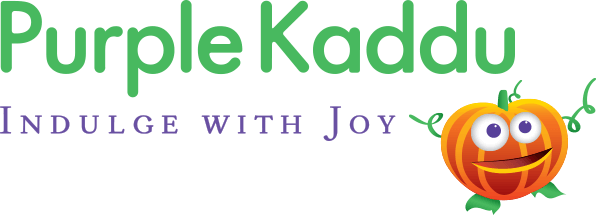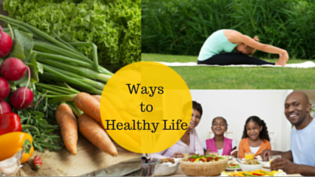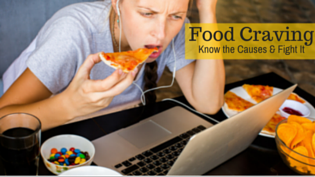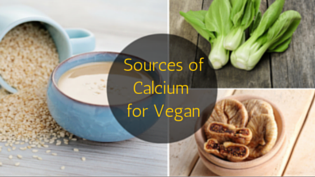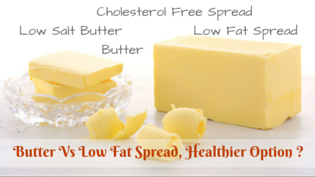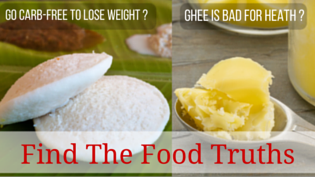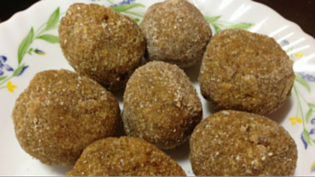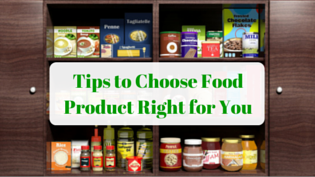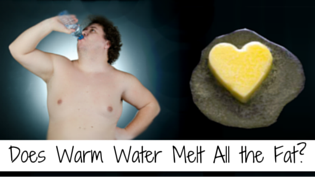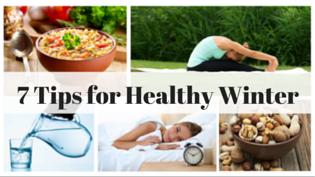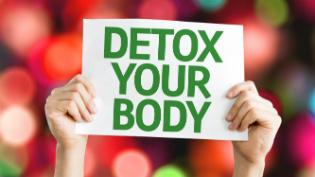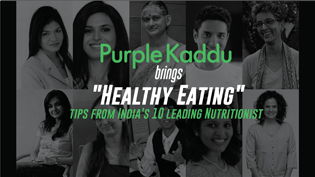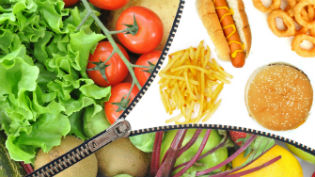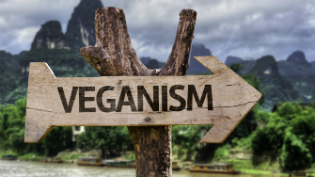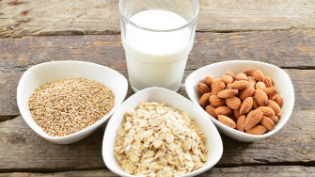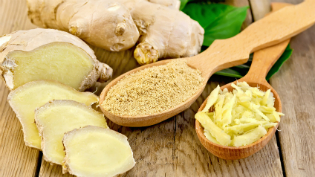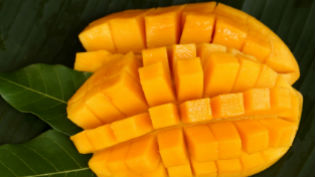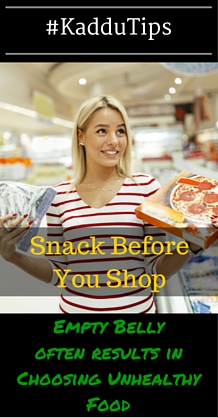
Nutrient rich foods for Vegans
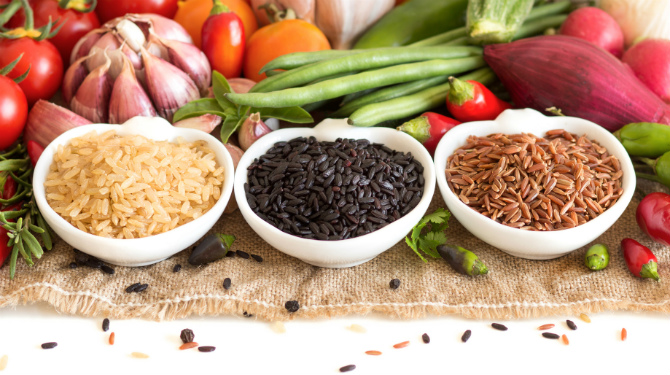
By omitting animal foods such as dairy, chicken, fish, egg and following a plant-based diet,you are indirectly eliminating the bad fats and increasing fibre and anti-oxidant intake. This guarantees healthy heart and improved digestion system. But, if a proper diet is not followed, a vegan may miss out on vital nutrients such as calcium, iron, omega-3, Vitamin D and Vitamin B12.
Read through our list of nutrient dense plant foods that will help you cover up the deficit.
Calcium:
Plant foods rich in calcium are as tabulated. Use this as a vegan guide to meet the daily recommended calcium intake for adults (600mg/day)
| Food | Calcium/serving |
| Cauliflower leaves | 626mg/100g |
| Drumstick leaves | 440mg/100g |
| Fenugreek(methi leaves) | 395mg/100g |
| Amaranth(greens) | 298mg/75g |
| Poppy seeds(khus khus) | 238mg/tbsp |
| Sesame seeds(til) | 218mg/tbsp |
| Amaranth grain(rajgira) | 153/1/4 cup raw |
| Ragi(nachni/finger millet) | 103mg/1/4 cup raw |
| Pulses (rajmah/kulthi/chhole/matki/soyabean) |
75mg/1/4 cup raw |
| Nuts(coconut dry) | 60mg/tbsp |
For better caclium utilisation, one must prefer sprouted grains, monitor fat intake (high fat diet blocks calcium absorption) and exercise. Green leafy vegetables contain compounds which do not allow the body to take in this nutrient. Thus, depend on variety of calcium-rich foods rather than only one.
Vitamin D:
Without enough Vitamin D, calcium intake will not really benefit you. Both these nutrients go hand in hand and hence it becomes essential to maintain levels of both. Vitamin D is found in fish oil, but your body naturally produces this nutrient by exposure to sun. Spending 15-20 minutes in direct sunlight everyday will help maintain optimum Vitamin D level. That's the easiest and cheapest option. But, see to it that you do not apply sunscreen during this time as it will block sun's rays.
Iron:
Speaking of this nutrient, its not just vegans but vegetarians also suffer from iron deficiency anemia. So, vegetarians, this list will surely help you too to achieve the daily recommended intake(20mg/day)
| Foods | Iron/serving |
| Lotus stem,dry | 30mg/50g |
| Garden cress seeds | 15mg/tbsp |
| Rice bran | 11mg/1/4 cup raw |
| Watermelon | 11mg/150g |
| Shepu(dil) | 9mg/50g |
| Grains(brown channa,matki,dry peas,masoor,chawli,soyabean,bajra) | 3mg/1/4 cup raw |
| Mango powder(aamchur) | 2mg/5g |
| Dried dates,raisin | 1mg/tbsp |
Even though plant foods do contain good amount of iron, problem lies in the absorption of this nutrient. Few tips will ensure better iron absoprtion:
- Sprouting grains
- avoid tea with iron-rich food
- avoid eating foods rich in calcium and iron together
- sprinkling coriander/mint on iron-rich gravies or drinking limbu paani (Vitamin C) along with above mentioned foods will help pump up your haemoglobin levels.
Vitamin B12:
Since this vitamin is created by bacteria in the bodies of animals, it becomes difficult for vegans to obtain it. Thus, there are chances of deficiency. Unless the vegan makes conscious effort to consume fermented foods and drinks such as idli, dosa, dhokla, khaman, sauerkraut, kimchi, miso, tempeh, pickles, yoghurt/curd, sourdough breads and pond/river water. If your levels are too low and wish to opt for oral supplementation, prefer methylcobalamin form of B12.
Omega-3 fatty acids:
These fats are heart healthy and are a must in any diet. Here's a look at the plant foods rich in omega-3. The recommended intake for this nutrient is 1g/day
| Foods | Omega-3(ALA,g)/serving |
| Flaxseeds | 2.4g/tbsp |
| Chia seeds | 2.5g/tbsp |
Omega-3 present in plant foods is ALA(Alpha-linoleic acid), and in the body it gets converted into active forms EPA(eicosapentanoic acid) and DHA(docosahexanoic acid) inefficiently. Thus, one must consume high amounts of ALA to ensure adequate amounts of DHA.
By consuming a well balanced planned diet and a active lifetsyle, vegan and healthy easily coincides.
